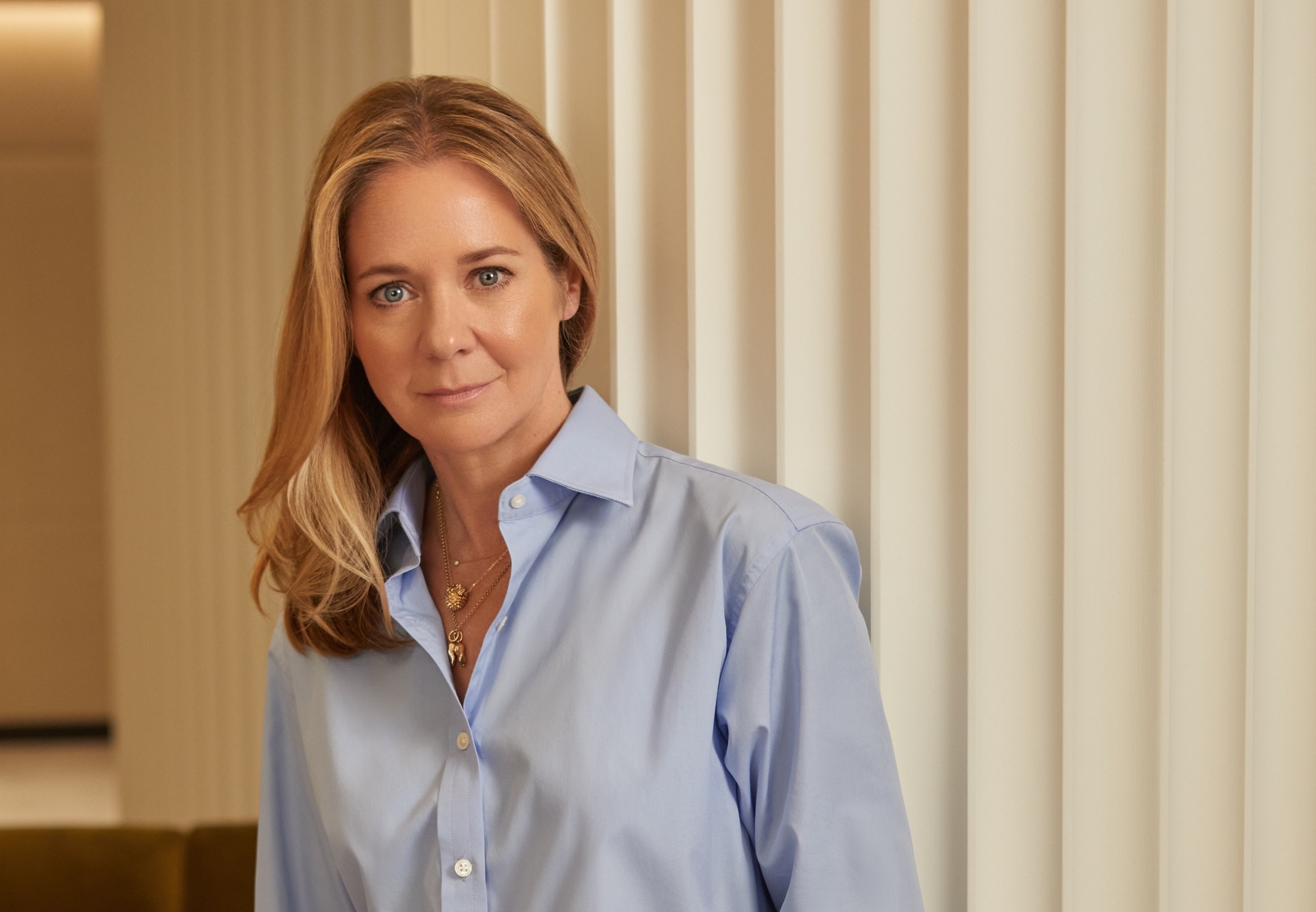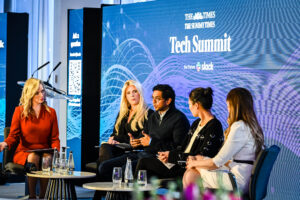Despite a cost-of-living crisis, the luxury goods sector is booming, with affluent consumers showing increased demand and brands needing to reach them.
That outlook prompted The Times, in November 2022, to launch a new Luxury channel, a digital complement to its print LUXX supplement.
So, what can readers expect from the new channel, and what will it offer to high-end advertisers? I chatted with Kate Reardon, editor-in-chief of LUXX and Times Luxury, who explained the offering.
The luxury of editorial
RA: Why are you launching the Luxury channel?
KR: We are launching this now because of overwhelming demand from our commercial partners. LUXX in print has been phenomenally commercially successful. For a long time now, they've been asking us for more ways to engage with us.
RA: What kind of themes can people expect from the channel?
KR: We're going to be very much mirroring the print version. We will be exploring the main pillars of fashion, watches, jewellery, motors, sustainability, philanthropy.
It’s an exciting and interesting intersection between storytelling around consumer goods and providing a kind of uniquely luxurious platform for our commercial partners for their ads, but also for their products, which we give a very highly editorialised curation.
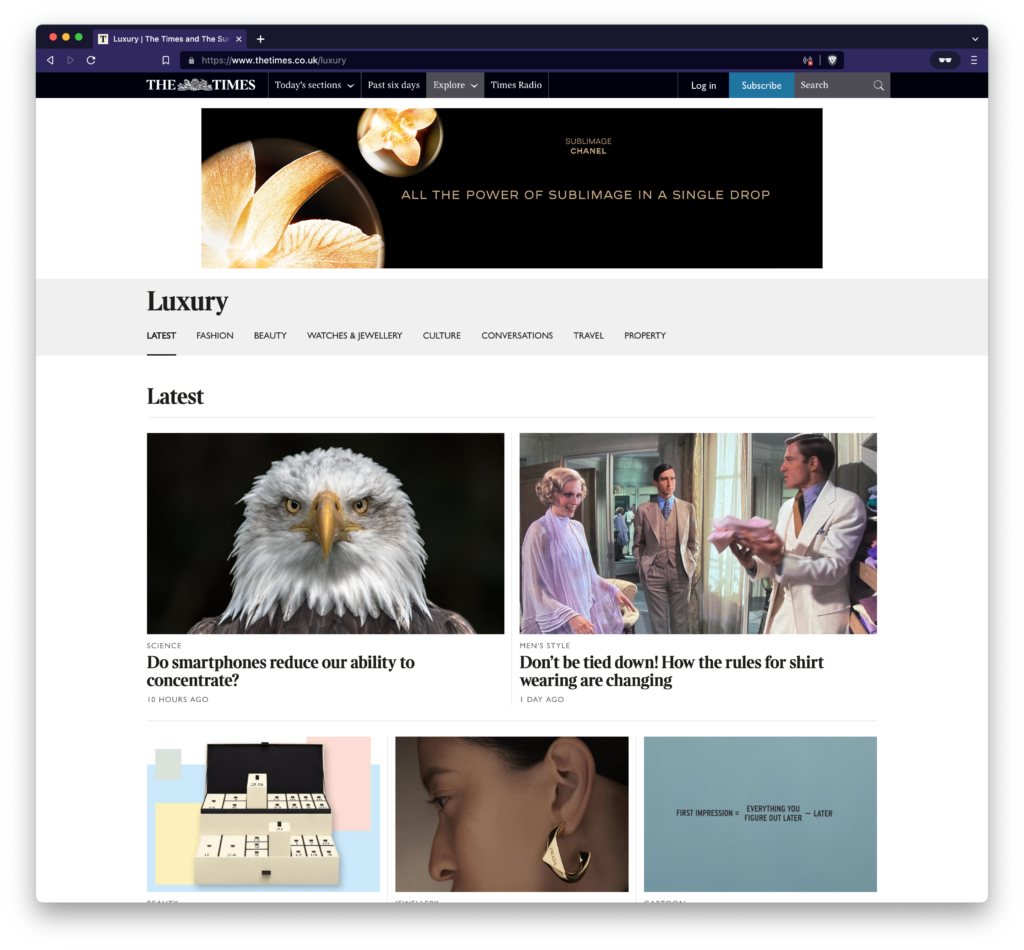
RA: Who will be contributing?
KR: Given that this is within The Times, I'm in the extraordinarily luxurious position myself of having the best writers in the English language with which to filter this subject and this vertical.
I can commission The Times’ columnists and specialists, such as the science editor, Tom Whipple. We have consumer goods specialists like the extraordinary Nick Vinson on design, Jess Diamond on jewellery, Jo Glasbey on watches. We really rely on their decades of expertise and knowledge in these industries.
We also can call on the likes of someone like Hugo Rifkind. He writes my favourite column in the whole thing, the back page. It's about ‘The Luxury of…’. It's sort of the opposite of ‘The Luxury of Time, brought to you by some watch partner’, which I think we've all seen in every magazine and publication since time began.
He really digs into more challenging subjects - The Luxury of Loneliness or The Luxury of Guilt or The Luxury of Failure. It is a deeply philosophical column which is really indicative of the great respect in which we hold our readers.
RA: That seems quite different from the typical luxury publication
KR: Quite a lot of publications, when they are developing content in the super-luxury sphere, tend to treat their readers fabulously patronisingly, as though they're some kind of morons who are only interested in the phone with the most diamonds on it - as though, just because they have money, that doesn't mean they have any other area of their brain that might be possibly engaged in anything else.
Gavanndra Hodge writes a brilliant column called “How to talk to your children…” She’s covered how to talk to your children about privilege, how to talk to your children about popularity, how to talk to your children about money.
We treat our readers in their entirety, holistically, about these big issues, these big philosophical and pragmatic things that all of us face - not just the part of their brain that wants a new handbag.
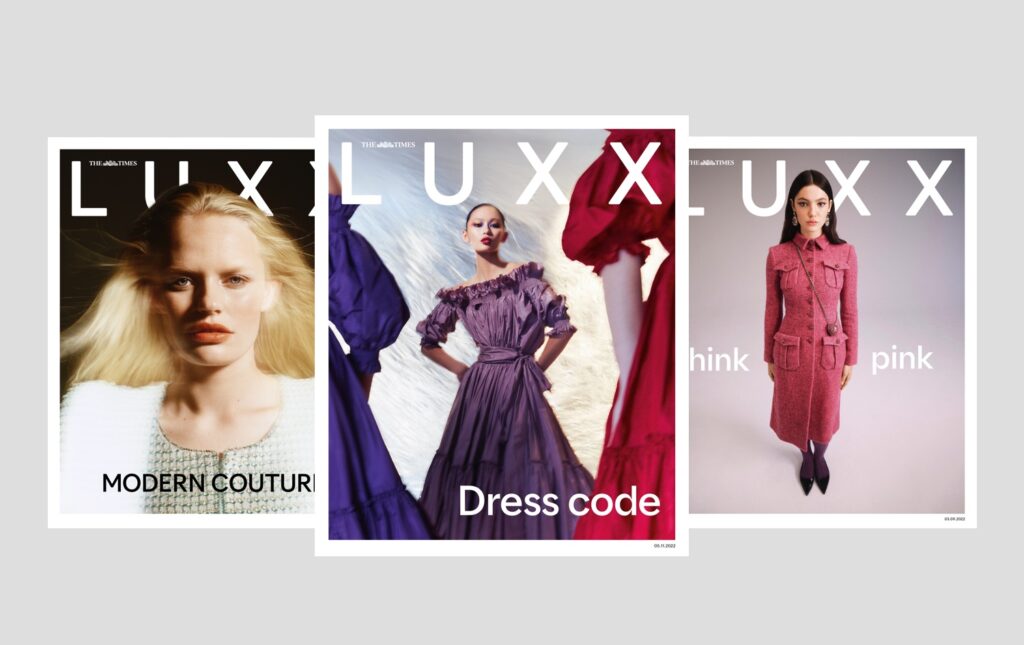
Commercial opportunity
RA: How will the online channel be similar to or different from your print LUXX or, indeed, from other sites in the market?
KR: We're seeing it very much as a complement to LUXX. We're seeing this moment that we can truly offer - at the risk of a cliché - a 360 solution, because this is also the moment at which we are launching Times Luxury Events.
So we can now honestly provide print, digital and real-life experience for our commercial partners. The ethos of the content and the editorial content will be identical across print and digital.
There is some tendency sometimes amongst people who are print-native to feel that digital can be kind of dashed-off and less considered. Our digital editorial will be as considered and as thought-through and thoughtful, although appropriate for the platform, as the print.
RA: Who is your reader?
KR: At The Times, we have an extraordinary cohort of incredibly affluent and intelligent readers. The stats for anybody playing in the luxury space are quite enticing and that is a position of incredible strength for us.
The Times reaches 3.3 million AB consumers each week across print and digital and has market-leading reach of high-net worth audiences, reaching more households earning over £150,000 than any other UK title. The Times also reaches the next generation of luxury consumers - reaching 43% of under-40s earning over £70,000.
We see that our high-net worth audiences are amongst our most-engaged readers. Looking at subscriber data, we can see they consume more content, across a breadth of sections, and engage more frequently than an average subscriber - so we know these audiences rely on The Times to keep them well informed, entertained and inspired.
RA: Why is the site launching outside of The Times’ paywall?
KR: It's a very simple commercial decision to put this outside of the paywall. We know that this content also drives subscriptions and that's a decision taken by the business.
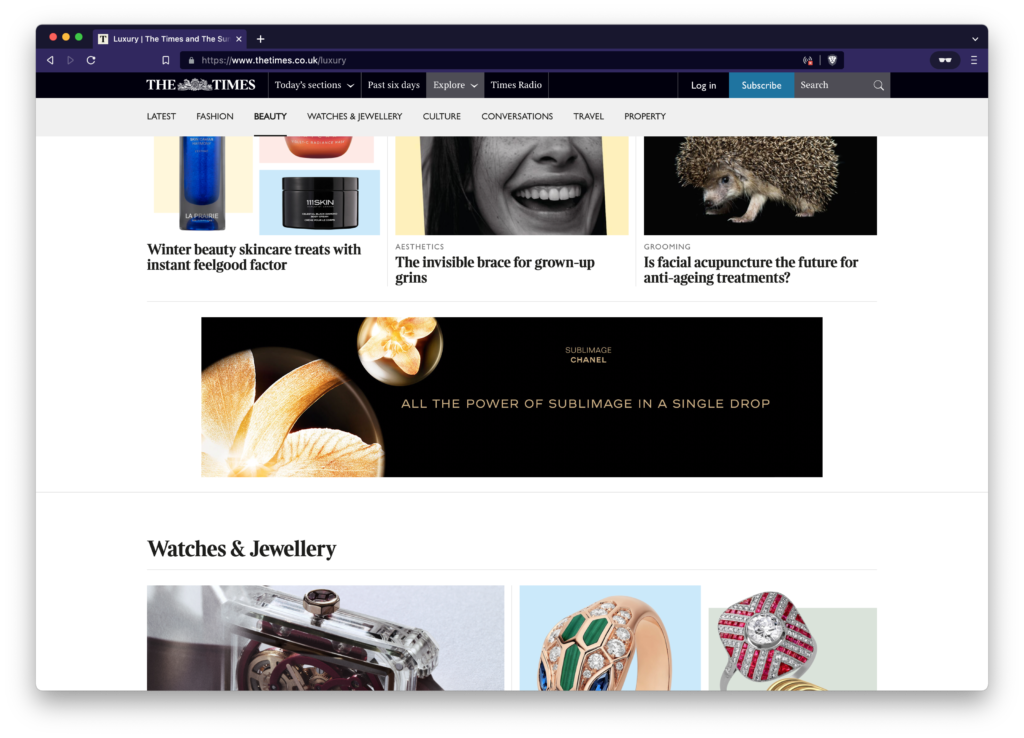
RA: How can commercial partners and advertisers engage with you?
KR: We offer all of the digital commercial solutions that people are asking for and we're immensely eager to engage with them and come up with bespoke solutions.
We've got the beautiful print, which is a massive format - so exquisitely produced. We win awards on the production values of the print alone all the time, at a time when people are cutting back on their paper. It's as though it’s printed on silk, it's extraordinary. It's a deeply aspirational physical product.
In digital, commercial opportunities range from full Times Luxury channel sponsorship, to clever audience and contextual targeting, informed by The Times’ comprehensive first-party data platform.
We also can work with commercial partners to create digital native content or bespoke social or video campaigns. We’ll also be launching a Times Luxury newsletter which advertisers will be able to sponsor.
And then, with these events, we are offering access to an incredibly exciting cohort of our readers who we know are immensely affluent and would like to engage with us.
RA: Tell me more about Times Luxury Events
KR: Events are a commercial opportunity, too. The first launch event that we're doing is going to be a panel discussion with me moderating between Danny Finkelstein and Hugo Rifkind.
Held at the Corinthia in January 2023 the title is The Luxury of Truth - so, intellectual but also entertaining. One of the things I love about The Times is that they are really clever but they also really value people who are funny. That helps when you're unpicking some of the gnarly stuff.
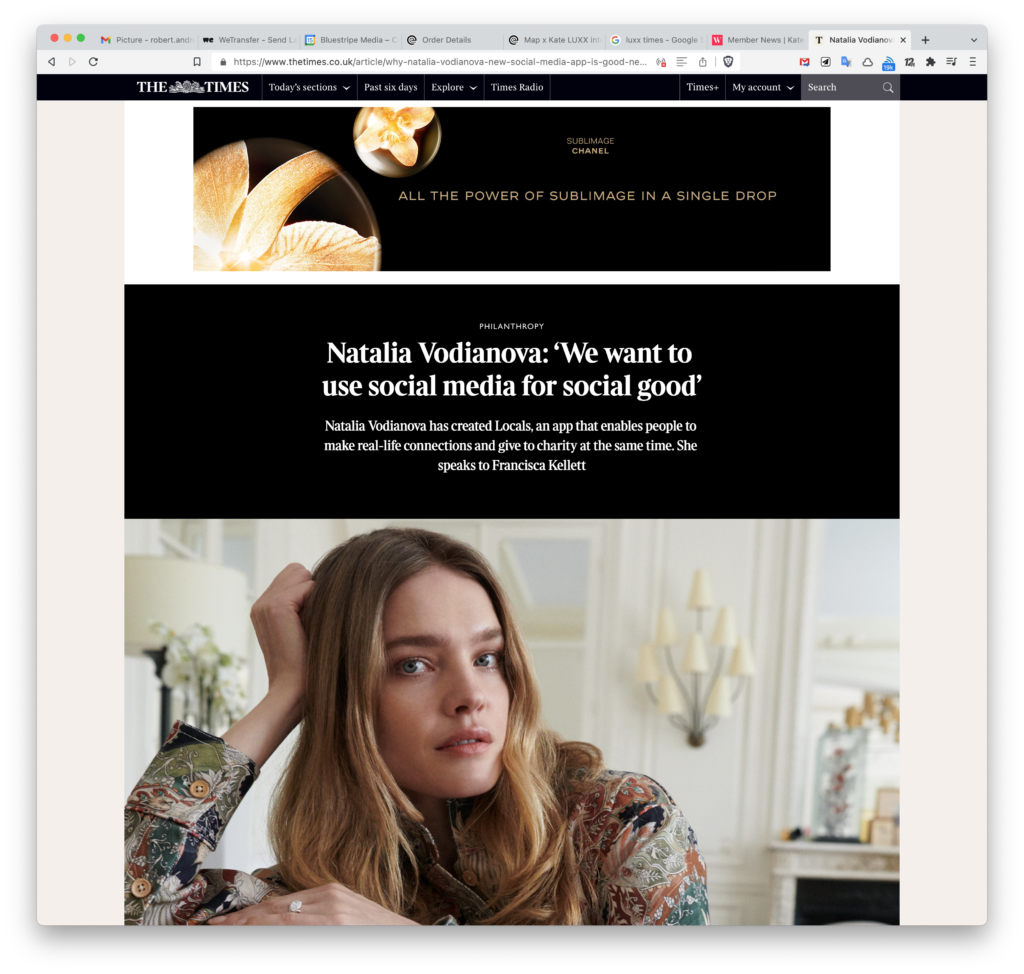
Awareness of affluence
RA: With the position of the economy and growing income inequality, what is the state of the luxury sector?
KR: It's a fantastic question and it's really important to address that in any climate. Particularly in this economic climate, one has to approach this sector with a great deal of sophistication ,nuance and understanding. We’re doing it now because, commercially, this is phenomenally successful for The Times. We can see that the luxury sector, as far as our own interaction with it commercially, is holding up incredibly well.
Now it may be that the super-rich are indeed vaccinated by their wealth against the worst vicissitudes of this time, but we are deeply cognisant of the environment in which we're discussing matters of great privilege.
RA: How will that translate into what people see on the screen?
KR: It simply means that every word is very, very carefully thought-through.
I mean, we are not foolish enough to assume that everybody has an Hermès handbag. We never assume any level of entitlement.
We do report on the best of the best, that the UK is truly a centre of excellence for many of the luxury industries - from hospitality to jewellery, some watch brands, quite a lot of fashion brands. It employs a huge number of people and brings a lot of money into the Treasury.


